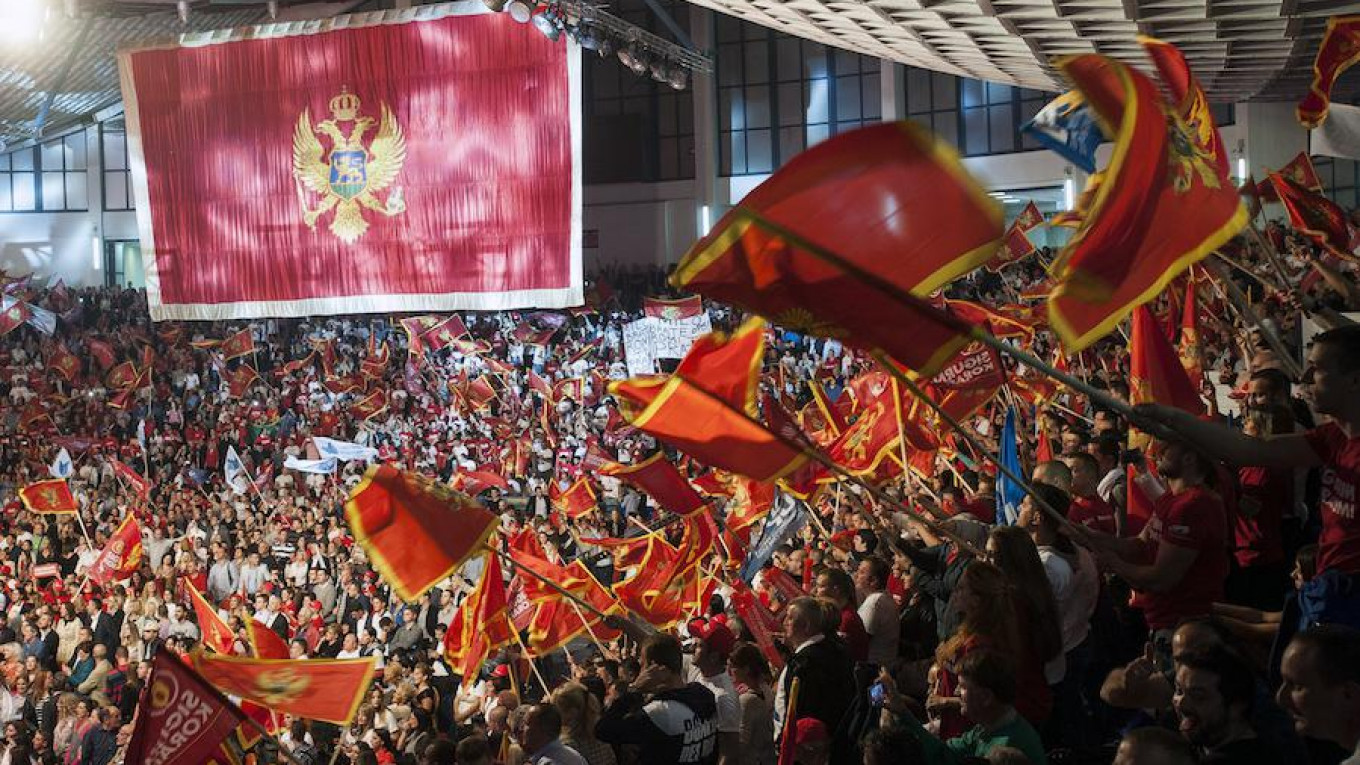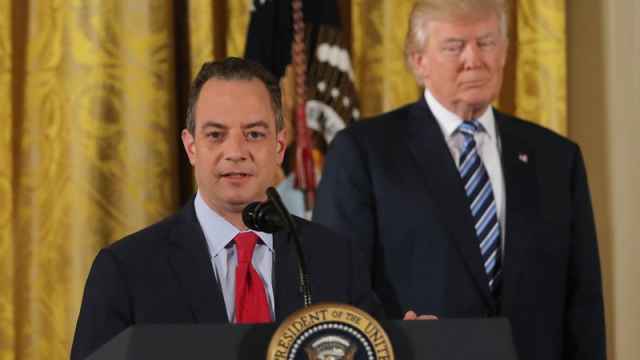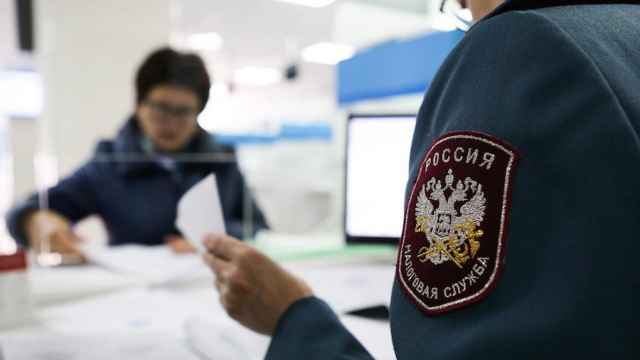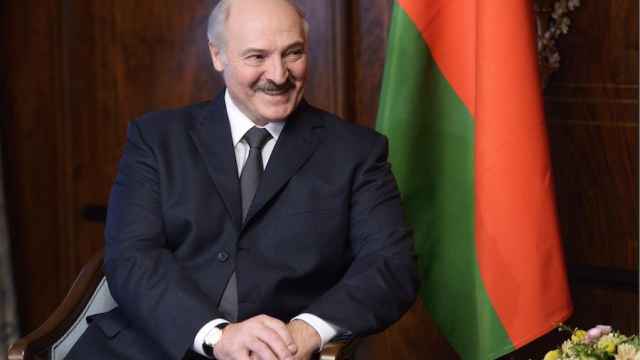The Russian government has been accused of backing a coup in Montenegro in a bid to stop the country from joining NATO.
Special Prosecutor Milivoje Katnich claimed that the Kremlin supported a failed plot to assassinate former Montenegrin Prime Minister Milo Djukanovic just before the country's presidential elections last year.
Police had previously pinned the coup on “pro-Russian nationalists” who wished to replace Djukanovic with a Moscow-friendly alternative. Twenty-five people — mainly Serbian nationals — have been arrested so far on suspicion of planning to storm the country's parliament building while dressed as police officers in October 2016. Authorities are currently searching for two Russians in relation to the coup.
Katnich went a step further when he accused the Russian authorities of actively backing the plot. “We had evidence that Russian nationalist structures were behind [the plot], but now we also know that Russian state bodies were involved at a certain level,” Katnic told local television channel RTCG on Sunday. “Russian authorities must investigate which bodies are involved and open a criminal trial.”
Allegations of Russia's involvement in the coup had been reported by Britain's Telegraph newspaper on Sunday. The news outlet said that British government sources had also backed claims of Russian involvement in the Montenegrin coup.
The Kremlin has denied the allegations.
Russian Foreign Minister Sergei Lavrov called the Telegraph article “another unfounded accusation against [Russians] and our country.”
He said that the allegations were merely the latest in a line of “unsubstantiated” stories, that include Russian cyber-attacks against Western institutions, interfering in U.S. elections, and cultivating ties with U.S. President Donald Trump prior to his election.
A Message from The Moscow Times:
Dear readers,
We are facing unprecedented challenges. Russia's Prosecutor General's Office has designated The Moscow Times as an "undesirable" organization, criminalizing our work and putting our staff at risk of prosecution. This follows our earlier unjust labeling as a "foreign agent."
These actions are direct attempts to silence independent journalism in Russia. The authorities claim our work "discredits the decisions of the Russian leadership." We see things differently: we strive to provide accurate, unbiased reporting on Russia.
We, the journalists of The Moscow Times, refuse to be silenced. But to continue our work, we need your help.
Your support, no matter how small, makes a world of difference. If you can, please support us monthly starting from just $2. It's quick to set up, and every contribution makes a significant impact.
By supporting The Moscow Times, you're defending open, independent journalism in the face of repression. Thank you for standing with us.
Remind me later.






